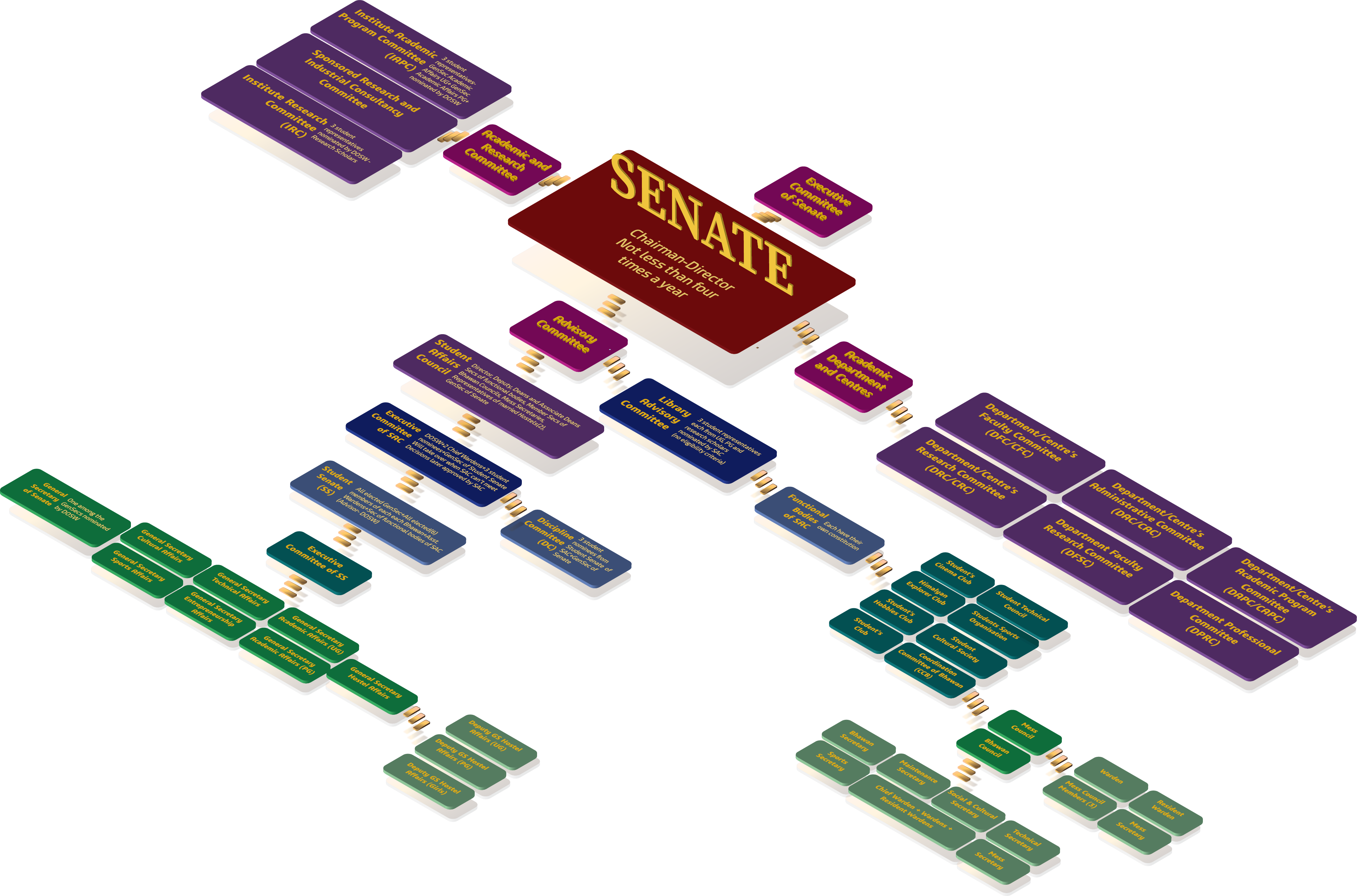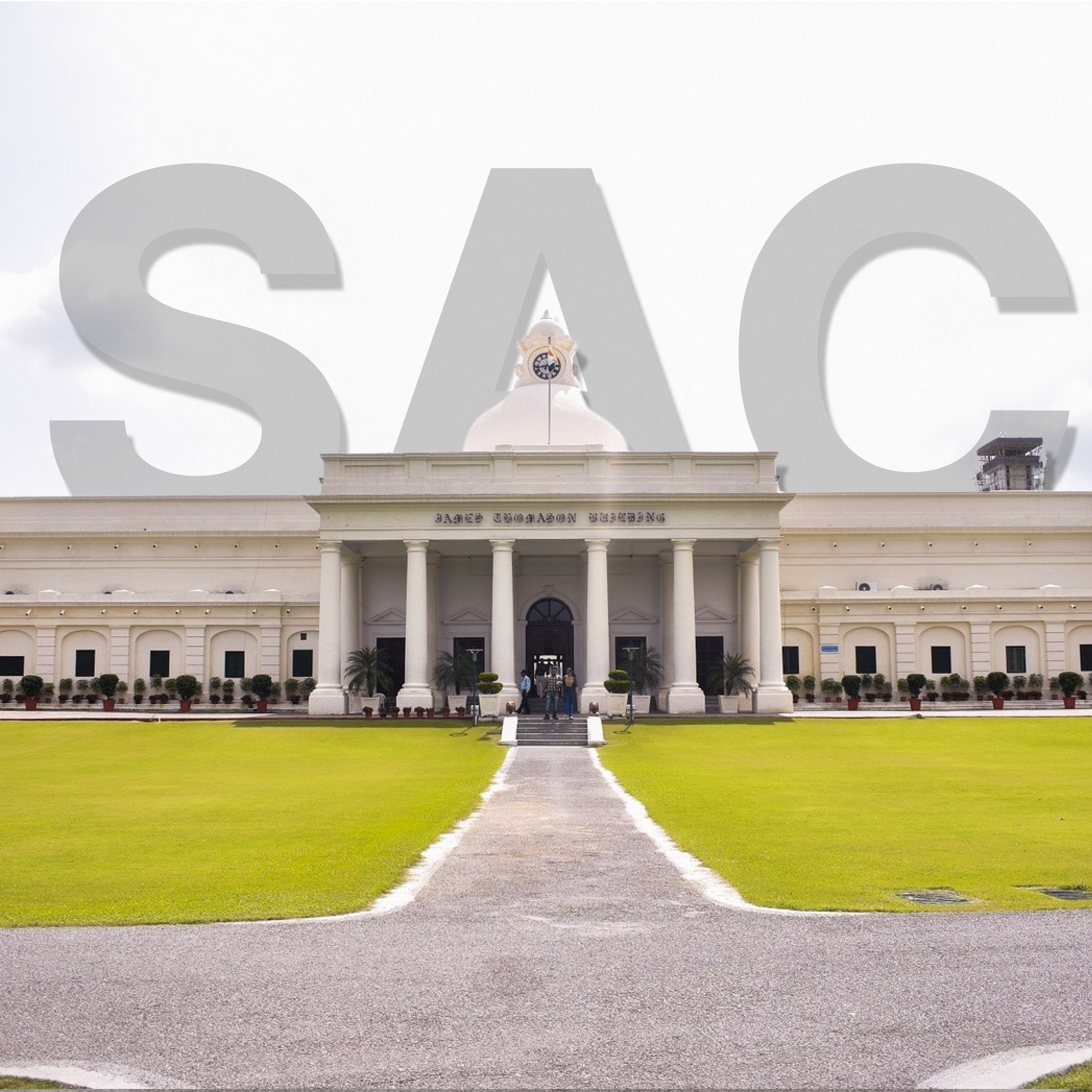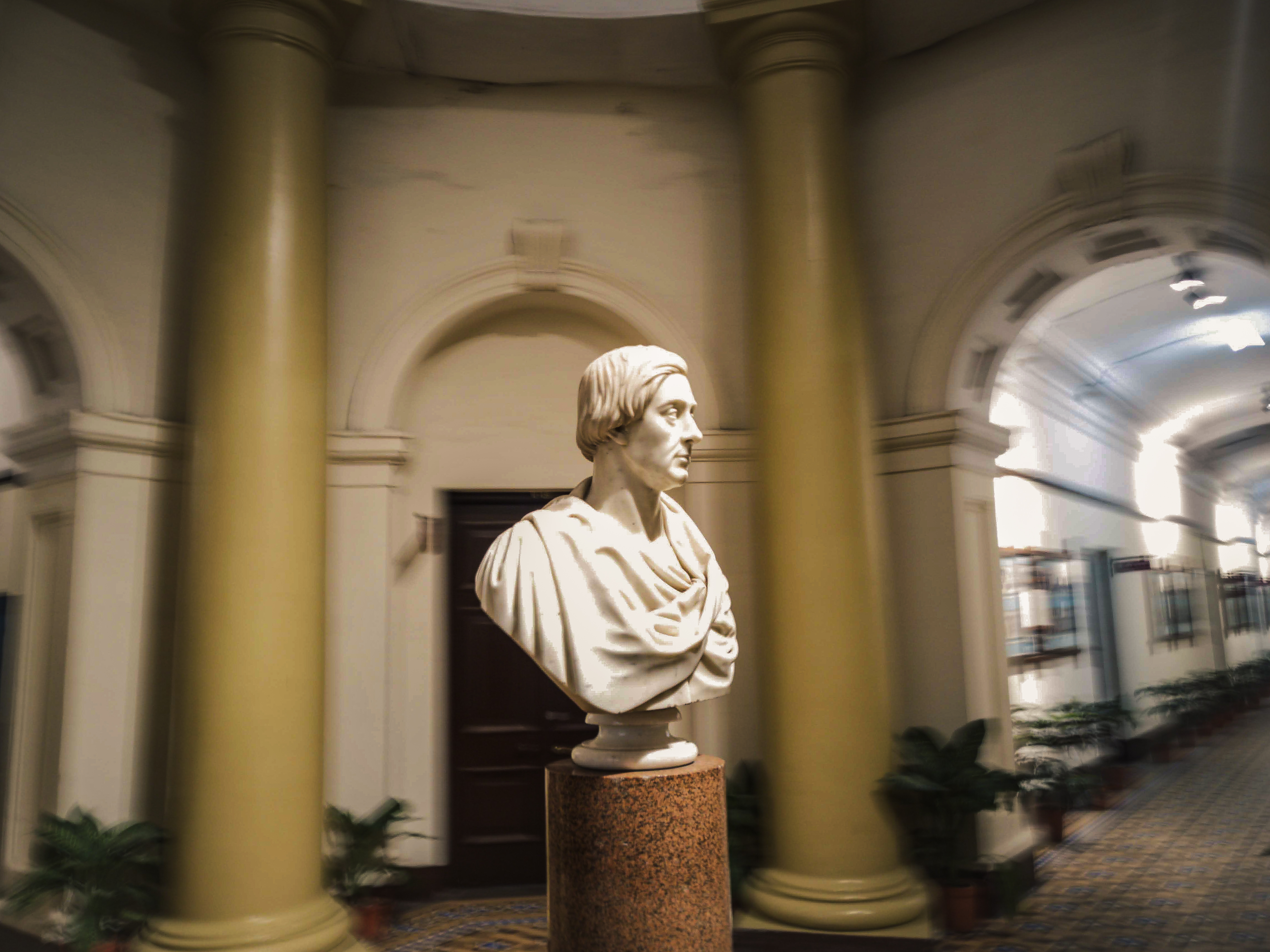As the deserted corridors of the white marvel stand amidst sprawling lawns, it is for the first time in 175 years that there is such tranquillity on the campus. In what used to be a season of vigorous campaigning, electioneering, lively discussions, brawls, and fights, this time of the year too brings up the annual phenomena of the SAC elections, albeit online.
Being an institute of such stature, any decision that has to be taken is made after a thorough discussion about the consequences it might have. Thus, it has constituted a Senate, which is the main decision-making body of IIT Roorkee. It mainly handles any academic, instructional, and research-related affairs. Senate members are required to meet at least four times in an academic year.
Headed by the Director of the institute himself, the Senate consists of many subsidiary bodies. The SAC - Student Affairs Council - comprises the Student’s senate:
The Students’ Senate consists of:
- All elected members at the Institute level, i.e., the seven General Secretaries
- All elected members of each Bhawan and Asst. Wardens (residential) of IIT Roorkee and Saharanpur Campuses
The Senate’s round table has 7 general secretaries.
- General Secretary (Cultural Affairs):
- Student head of the Cultural Council under which comes the 14 cultural groups of the institute. The cinema club however is not included in it.
- Acts as a mediator between the faculty head and the cultural groups. Conveys proposals for organizing an event or for funding.
- They also have the responsibility of preparing the Inter-IIT contingent of the institute.
-
General Secretary (Academic Affairs, UG):
- One of the busiest General Secretaries, they mainly interact with the Dean of Academic Affairs and three other associate Deans for Curriculum, Evaluation, and Admission.
- Main responsibilities include introducing new provisions and solving student’s academics-related issues.
- From amending the curriculum/modifying the grading system to cancellation of exams.
All proposals related to academic studies are generally discussed by the GS Academic Affairs UG and PG with the Deans and Student Representatives following which they are sent to all departments for their approval. The proposal is discussed in the DAPC meetings and is then put forth in the Institute Academic Programme Committee (IAPC) meetings. The IAPC deliberates upon the proposal put up by the GS and recommends it to the Senate whose decision is final.
While in an offline semester, the main duty of the GS is to propose something new, the online affair has been unexpected, forcing them to shift their focus to solving various issues of the students like online exams, grievances related to professors or syllabus, etc.
- General Secretary (Academic Affairs, PG)
- Only PG (M.Tech and Ph.D.) students vote for this post
- Masters’ and Research Scholars’ representative for research work-related issues.
- Acts as a point of contact to Dean Academics through DOSW, and is also the Student Representative in Institute Academic Programme Committee (IAPC) and Institute Research Committee (IRC).
-
General Secretary (Sports Affairs)
- Student head of the sports council of the institute.
- The sports council is an independent body headed by the Chairman, wherein the Chief Sports Officer, the Faculty Advisor, the Coaches and the GS work in tandem to look after the plethora of sports activities that the institute has to offer.
- Oversees the formation, the requirements and monitors the progress of the student teams participating in various sports competitions.
- Intermediary between the students and the higher authorities.
The suspension of sports activities due to the online mode of late has not left the General Secretary of Sports Affairs with much to operate on.
-
General Secretary (Technical Affairs)
- Heads the Technical Council of the institute, a student body that functions independently of the SAC.
- While on campus, all technical groups of the institute (except IMG) housing under the Technical Council organize their events individually, and any necessities put forward by them are approved and addressed by the GS.
- This year, however, the Technical Weekend School was hosted in which different tech groups had separately held their workshops and seminars, all being managed under the GS.
Though Technical groups under Technical Council may have faculty advisors separately, they only carry advisory powers. The final authority rests with Dean-SRIC. Cognizance, the annual tech fest, is independent of the GS or the Technical council.
- General Secretary (Hostel Affairs)
- UG 2nd Year onwards, Masters 1st Year onwards, and Ph.D. 1st Year onwards are eligible for this post.
- Responsible for undertaking Inter-Bhawan Activities on the campus and coordinating with the elected representatives at the Bhawan Level.
- He/She is a member of C.C.B (Coordination Committee of Bhawan)
- General Secretary (Entrepreneurship)
- The major responsibility of the GS Entrepreneurship Affairs involves infrastructural improvements, from building of incubation spaces to visitations of the investors whilst disseminating knowledge about startups and the entrepreneurial world.
- Has a say in Innovation & IPR related issues and works in tandem with the E-Cell and the IPR cell. Overall, any campus body which wants to do something related to entrepreneurship may approach him/her for assistance.
Owing to the semester being online, most of the work involved online outreach, approval of a few on-ground initiatives, and assisting GS Hostel Affairs and Academic Affairs. Furthermore, any spontaneous work while in/out of campus was also looked after by the GS for Entrepreneurship.
General Secretary of the Senate
- One additional post of Convener is nominated amongst the 7 elected members of the SAC executives by the DOSW.
- Responsible for convening the meetings of the SAC and Students’ Senate
- Manages the agenda of the meetings and uploads the minutes of the SAC meeting on the Notice Board.
At the end of the tenure of the SAC Executive, all centrally elected members are required to submit reports of the initiatives taken by each one of them during the tenure of SAC.

Now, as you all (with the exception of some 1300-unfortunate-mortals) know that Bhawans are, after all, your haven at IITR. Each Bhawan elects (or nominates) its representatives, who are members of the Students’ Senate.
Bhawan representatives:
- Bhawan Secretary
Coordinating the various aspects of the Bhawan Council and issuing important notices. Also, organizes Bhawan Council Meetings
- Social and Cultural Secretary
Event coordinator of Bhawan Day and organizes socio-cultural activities within the Bhawan.
- Maintenance Secretary
Responsible for maintenance of the Bhawan property like electrical appliances, lawns, mess, building structures, and related issues, bathroom, and plumbing and for the cleanliness and hygiene in Bhawan premises and canteen and anything else as is assigned to him by the Chief Warden.
- Sports Secretary
Responsible for the development and maintenance of all sports and fitness-related facilities at Bhawan Level and the Bhawan Representative in all Inter-Bhawan Sports activities
- Mess Secretary
Student head of mess council. The mess council is responsible for the menu preparation, mess hygiene, purchase & quality check, and other mess-related issues.
The Mess Council is composed of:
- Warden
- Mess Secretary: 1 (Elected by Bhawan Inmates)
- Mess Council Members : 3 (Selected by Mess Secretary and Warden from among the residents of the Bhawan)
- Resident Warden nominated by DOSW.
However, this time around, there were no elections for hostel legislators as we’re not actually in the hostels (clearly) and the freshers haven’t even been allotted one.
Another crucial element in the administration of IITR is the departmental legislature:
Departmental Legislature
Your department is like your family and any issues like those regarding the course curriculum, timetable and other department-specific concerns of students have to be brought to the notice of the Departmental Academic Programme Committee (DAPC) Chairman (along with the DAPC student representative) and the Head of the Department (HOD).
Election Committee
The Election Commission is in charge of organizing the elections for the councils. The two student representatives-one final year UG representative and one final year Masters/Ph.D are not elected but nominated by the DOSW.
The committee supervises and conducts the election in the Bhawans for institute level positions, scrutinises nomination forms (for all positions at Institute level) and declares the list of candidates, arbitrates any dispute arising during the elections and uploads and makes available the manifestos of the candidates on the intranet portal.
How were elections held in an offline semester?
Elections for SAC and department level representation usually took place in the Spring Semester in the month of February or March and the Bhawan level elections were held during the Autumn Semester.
All full time students whose current CGPA was more than the lower limit for the respective position and have had no back paper/semester/year and no disciplinary actions taken against them were eligible for contesting in the elections. Each candidate contesting for elections had to provide a manifesto, and once approved by the presiding officers were eligible for contesting. The voting for both Bhawan level and insti level positions were conducted in the Bhawan premises and votes were cast in an assigned computer system/ Ballot box.
A week before the election candidates made use of the public addressing system in Bhawans to put forth their manifesto and answer questions, with Chief Wardens moderating the process. The candidates were allowed to create promotional videos to be shared on the intranet and door-to-door campaigning was quite common.
Additionally,distribution of pamphlets, gifts to the electorate in cash or kind, funding from any source, and any form of debate were strictly prohibited to ensure a decorous and fair election.
For more details or contacts refer to the IITR official site or ping the GenSecs on Facebook. Watch Out! for our next article as we analyse the need for an online election.



